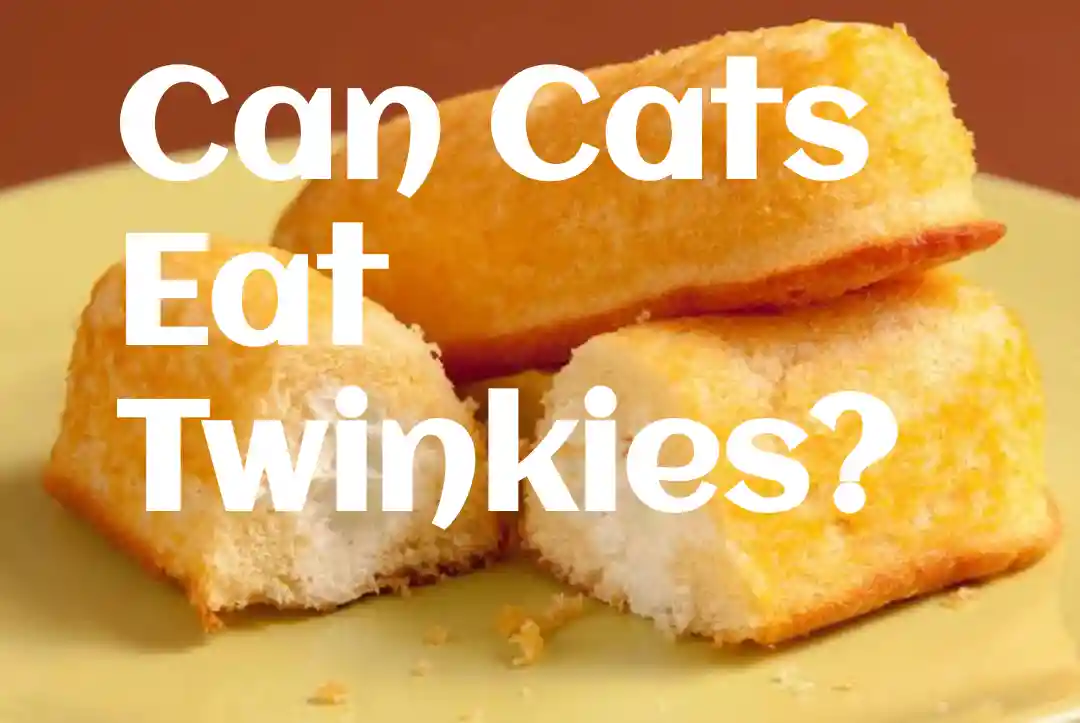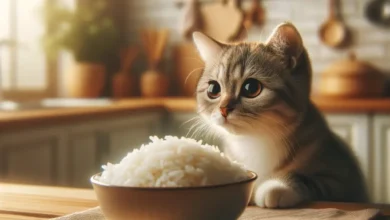Can Cats Eat Twinkies? All You Need To Know

Can cats eat twinkies? When it involves our beloved pets, insuring a balanced and healthy diet is paramount. However, we may sometimes find ourselves in a tight corner to share our favorite snacks with them.
Twinkies in all their glory and their iconic creams filed cakes are my favorite treats, as well as many other people but should we let our cats indulge in these sumptuous snacks? In this article, we will explore the safety of Twinkies for cats in light of their nutritional requirements. Let’s go!
Table of Contents
Can Cats Eat Twinkies?
Twinkies are high-sugar, calorie, and fat-processed cake snacks. Each cake contains 150 calories, 19 grams of sugar, and 4.5 grams of fat. These numbers are not alarming or too high for humans but they are a cause of concern when it involves our feline friends.
Cats as you already know are obligate carnivores whose diets need to be rich in animal-based protein and fat. Unlike humans and some other animals, cats lack the ability to produce certain amino acids, such as taurine on their own, making it a necessity to obtain these high-priority nutrients from their foods.
If you feed your cat food that has high carbs and low proteins, you will create an avenue for sicknesses such as obesity and diabetes to overrun your cat.
Cats should not eat Twinkies because the nutritional value is quite negligible for cats as their high sugar content will lead to diabetes and weight gain in the long run, and their low protein content will cause your cat to be malnourished.
Also, other ingredients that are present in Twinkies are not so friendly to cats as they struggle to digest the wheat flour, corn syrup, and other additives present in the mix and this can lead to an upset stomach.
To cap it all, cats don’t taste sugar, so it’s an exercise in futility if your aim of giving your cat Twinkies is to provide them with something sweet. Why not opt for chicken necks that could keep their breath fresh or liver treats for cats?
What you can treat your cat to instead of Twinkies?
As we already stressed earlier, it’s very important to feed cats with things that meet their specific dietary needs and this extends to even the treats we give them. These important foods include foods that are rich in protein such as poultry, meat, and fish, as well as essential nutrients such as taurine(found in dark meats), vitamin A, and omega-3 fatty acids.
There are multiple options that you can explore when deciding how to feed your cat. One option is for you to choose high-quality commercial cat food that has been formulated specially to fulfill their nutritional needs. Be in search of foods that list and prioritize animal protein as it’s the main ingredient and avoid foods that contain a lot of fillers like grains and carbs. Considering your cat’s age, weight, and health status is also important in choosing foods for them.
If you will prefer to gain more control over what your cat eats, another better option is homemade cat food. However, you have to be very knowledgeable about the quantities of each nutrient the cat requires and where to source them from. Working with your vet will help you get through this easily.
If you’ve chosen to go the homemade route, the foods and treats should consist primarily of animal protein as listed above, you can also include little vegetables and fruits, as well as other necessary supplements. If you’re getting it right, you may not have to add supplements, as the food mixture should have all the nutrients the cat needs, or you better opt for commercial foods.
In addition to being healthy first, keeping clean water around will also go a long way.
Final thoughts
While it may be so tempting for you to share your human snacks with your feline friend, it’s important to remember the difference in dietary needs between you and your cat. You should prioritize diets with high animal-based proteins and other nutrients essential for their well-being.
No matter how much your cat tries to beg you, never let them have Twinkies as it has no health benefits, it is only an embodiment of health problems that will discomfort both you and your cat.
Do you have questions or foods you will like us to explore? Feel free to send us a message.



